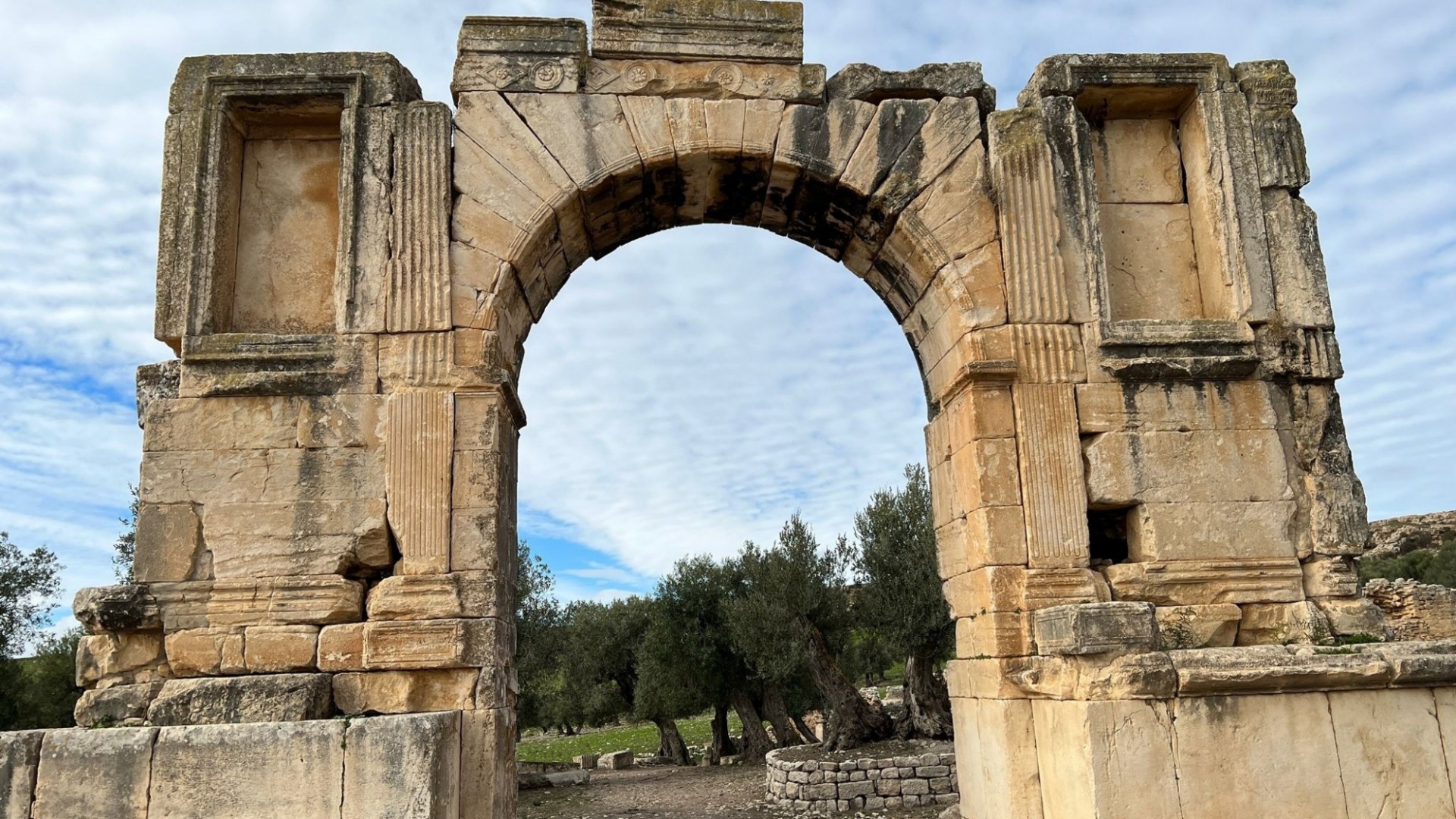Nine Columbia Kraft Global Fellows went on to explore Tunisia's olive pressing process and olive oil industrial production.
Olive cultivation in Tunisia dates back to the First Millennium BCE, and for thousands of years, olive oil has been prominent in the region's economic organization. The olive tree, cultivated by Phoenicians, Romans, Arabs and more, holds a cherished place in Tunisia's history, with knowledge and practices passed down through generations.
From harvesting the olives to the final extraction of olive oil, the Fellows witnessed the meticulous techniques involved in this centuries-old practice. "The olive pressing process offered a fascinating insight into Tunisia's traditional practices," remarked one of the Fellows. "It was a valuable experience that enhanced our understanding of the country's rich cultural tapestry."
Through programs like the Kraft Global Fellowship, students from diverse backgrounds have the chance to experience the cultures, history, and economies of places like Tunisia firsthand. By engaging directly with local traditions, such as the ancient art of olive pressing, participants gain insights into the heritage and practices that shape different societies. By visiting modern corporations and industrial sites, they learn about the way different modern societies live and advance. These experiences deepen their appreciation for global diversity and foster meaningful connections among peers from around the world.

